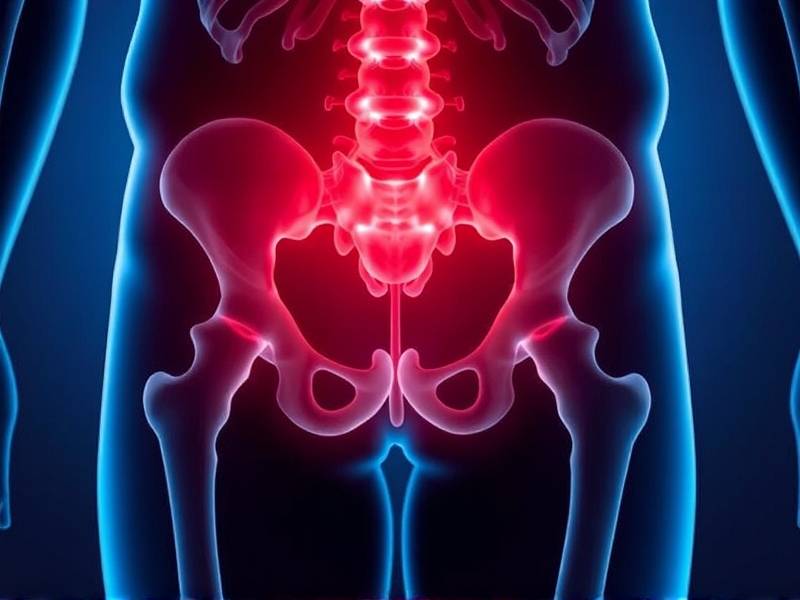How Long Do You Need to Quit Smoking Before Hip Replacement Surgery?
How Long Should You Wait to Quit Smoking Before Hip Replacement Surgery?
Understanding the Importance of Smoking Cessation
When it comes to preparing for a hip replacement surgery, one of the most crucial steps you can take is to quit smoking. Smoking has been linked to a range of health issues, including an increased risk of complications during surgery and a slower recovery process. But how long should you wait before undergoing the procedure after quitting?
The Impact of Smoking on Hip Replacement Surgery
Increased Risk of Complications
One of the primary reasons why quitting smoking is essential before hip replacement surgery is the reduced risk of complications. Smoking can impair blood flow, which can lead to a condition known as deep vein thrombosis (DVT) — a blood clot that forms in a deep vein, often in the legs. This condition can be particularly dangerous for patients undergoing major surgeries like hip replacements.
Slower Healing Process
Smokers also tend to have a slower healing process compared to non-smokers. The nicotine in cigarettes affects the body's ability to heal by reducing blood flow and oxygen supply to the affected area. This not only increases the risk of infection but also prolongs recovery time.

How Long Should You Wait?
The General Recommendation
The general recommendation from healthcare professionals is that you should quit smoking at least 3-4 weeks before your hip replacement surgery. This timeline allows your body enough time to start healing and reduces the risk of postoperative complications.
Individual Factors
However, it's important to note that every individual's situation is unique. Factors such as age, overall health, and length of time you've been smoking can influence how long you need to quit before surgery.

Consulting with Your Surgeon
Before making any decisions about when to quit smoking, it's essential to consult with your surgeon or healthcare provider. They can provide personalized advice based on your specific circumstances and medical history.
Alternatives for Smokers
If you're struggling with quitting smoking, there are various alternatives available that may help:
- Nicotine Replacement Therapy (NRT): Products like patches, gum, lozenges, or inhalers can help reduce withdrawal symptoms.
- Prescription Medications: Certain medications have been shown to aid in quitting smoking.
- Behavioral Support: Joining support groups or seeking counseling can provide additional motivation and guidance.
Conclusion
Quitting smoking before your hip replacement surgery is not only beneficial for your overall health but also plays a significant role in ensuring a successful outcome and a smoother recovery process. While 3-4 weeks is often recommended, it's crucial to consult with your healthcare provider for personalized advice based on your individual needs. Remember, taking this step towards better health will undoubtedly improve your quality of life both before and after surgery.
